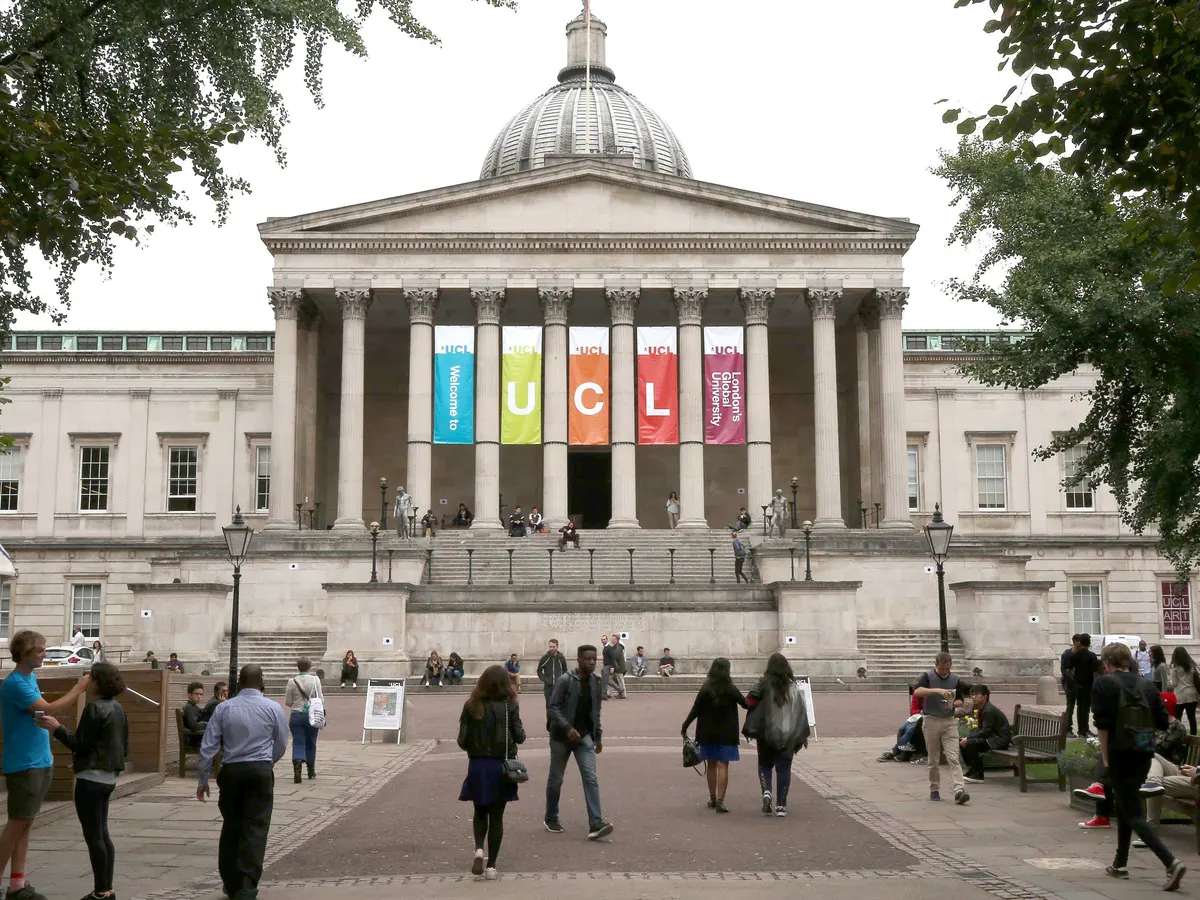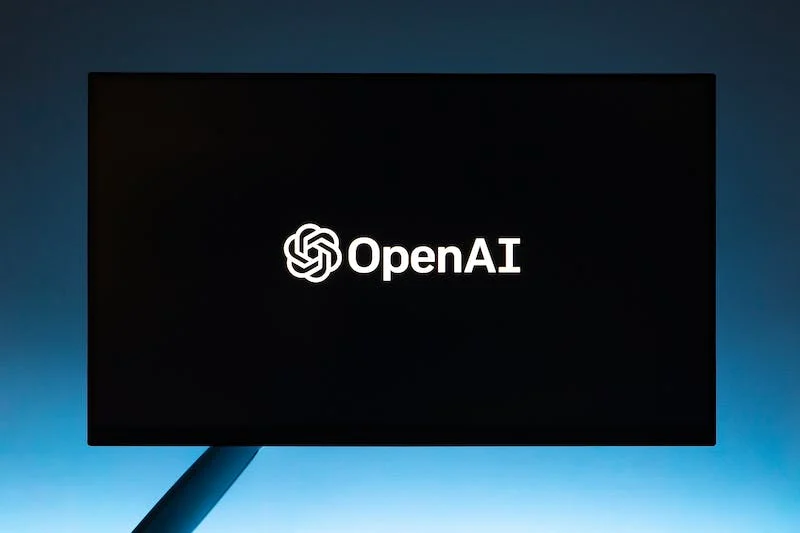Contents
- A Surge in Research Misconduct Sparks Alarms Across the Scientific World
- Academic Freedom Under Threat as Political and Ideological Pressures Mount
- Digital Technologies Amplify Both Opportunities and Risks
- Strengthening Ethical Oversight Becomes an Institutional Imperative
- Protecting Academic Freedom Requires Structural Support, Not Just Policy Statements
- Implications: The Road Ahead for Universities and Research Institutions
Research integrity and academic freedom—two pillars that have long defined the credibility and independence of global scholarship—are facing unprecedented challenges. Across continents, universities, research institutions, and publishers are grappling with an alarming rise in misconduct while simultaneously contending with political, financial, and ideological pressures that threaten academic autonomy. These issues are no longer isolated incidents; they form a pattern that suggests a structural crisis in the global research ecosystem.
In recent years, concerns have intensified as watchdogs, journalists, and academic organizations report growing evidence of compromised research practices, falsified data, and the rise of so-called “paper mills.” At the same time, governments in several countries have been criticized for restricting academic freedom, limiting institutional independence, and curbing open inquiry. Together, these developments paint a picture of an academic landscape where both trust and autonomy are increasingly fragile.
A Surge in Research Misconduct Sparks Alarms Across the Scientific World
Reports of research misconduct have grown sharply, capturing the attention of major international media outlets and academic oversight bodies. Investigations documented by The Wall Street Journal highlight a troubling surge in paper retractions, fraudulent authorship schemes, manipulated datasets, and the operations of commercial “paper mills” that sell pre-written manuscripts to researchers under pressure to publish.
The motivations behind this misconduct are multifaceted. At the individual level, researchers may face intense pressure to publish quickly to secure promotions, grants, or recognition. At the institutional level, universities often tie funding and rankings to publication metrics, unintentionally incentivizing quantity over quality. In some cases, the expectations placed upon early-career researchers are so high that they drive desperate attempts to meet unrealistic standards.
The effects of these pressures can be seen in the proliferation of low-quality or outright fabricated studies. Paper mills—organizations that produce fake research in bulk—have become a significant concern. These entities operate by selling authorship slots, falsifying peer reviews, or generating data to fit predetermined conclusions. Their output infiltrates academic journals, eroding trust in the peer-review system and muddying the scientific record.
Moreover, retractions, once considered rare and extraordinary, have become a regular feature of academic publishing. Retraction Watch, a database tracking withdrawn studies, has reported record-breaking numbers of retractions in some years. While higher retraction numbers may partly reflect improved detection, they also signal deeper issues: insufficient oversight, inadequate ethical training, and systems that reward superficial indicators of productivity.
Academic Freedom Under Threat as Political and Ideological Pressures Mount
In parallel with these integrity concerns, academic freedom is facing new threats across the world. Coverage from outlets such as Le Monde has emphasized how researchers in multiple countries face direct or indirect pressures that limit what they can study, publish, or teach. In some regions, politically sensitive topics have become dangerous to explore. In others, institutional governance structures have shifted, giving governments or political figures greater control over academic appointments, research funding, or curriculum decisions.
These pressures extend beyond authoritarian contexts. Even in democracies, ideological divisions have made academic environments sites of political tension. Universities have seen heated debates over controversial speakers, research funding tied to government priorities, and institutional policies that inadvertently constrain open inquiry. Some academics have reported self-censorship—avoiding certain topics because the potential consequences outweigh the perceived benefits.
Institutional autonomy is also increasingly under scrutiny. When governments impose budgetary restrictions, appoint leadership, or influence strategic decisions, universities risk losing the independence necessary for rigorous, unbiased research. Without safeguards, the boundary between scholarly pursuit and political agenda becomes blurred, compromising the reliability of academic work.
Academic freedom also intersects with global geopolitics. International collaborations can be hindered by diplomatic conflicts, sanctions, surveillance concerns, or national security regulations. As borders tighten and trust between nations fluctuates, scientists may find it more difficult to share data, co-author papers, or participate in cross-border research initiatives—activities that have historically advanced scientific progress.
Digital Technologies Amplify Both Opportunities and Risks
The digitalization of research tools, data storage, and publication has accelerated scientific discovery—but it has also expanded opportunities for misconduct. Automated tools can generate text, produce fabricated data visualizations, or manipulate images with alarming precision. The line between legitimate AI-assisted research and unethical shortcuts is becoming increasingly difficult to monitor.
Peer review, once the cornerstone of scholarly validation, now faces new forms of exploitation. Fraudulent reviewer identities, manipulated recommendations, and undisclosed conflicts of interest have all contributed to compromised evaluations. This is particularly problematic in fast-growing fields where publication volume is high, review cycles are short, and experienced reviewers are in short supply.
At the same time, the rapid global spread of information means that flawed studies can influence public discourse and policy before errors are discovered. During global health crises or technological revolutions, the speed of research dissemination has clear benefits—but also presents significant risks when quality control falters.
Strengthening Ethical Oversight Becomes an Institutional Imperative
Faced with rising misconduct, universities and research organizations are being forced to rethink how they train, supervise, and evaluate their scholars. Stronger oversight mechanisms are becoming essential—not optional. Traditional ethics training, often treated as a formality, may no longer suffice in an environment where the tools for misconduct are more sophisticated and the stakes higher than ever.
Institutions are beginning to adopt multilayered approaches to research integrity, including:
- Mandatory and ongoing ethics education
- Data management audits and reproducibility checks
- Stronger plagiarism and fraud detection tools
- Oversight committees with disciplinary independence
- Transparent reporting mechanisms for misconduct
These measures can help restore trust, but they require sustained commitment and financial investment. Under-resourced institutions may struggle to implement comprehensive frameworks, leaving global disparities in research oversight.
Publishers and journals also play a vital role. Several major journals now require raw data submissions, stronger authorship declarations, conflict-of-interest disclosures, and more rigorous peer review frameworks. These developments mark important progress, but the scale of the problem demands further collaboration between scholars, publishers, and regulators.
Protecting Academic Freedom Requires Structural Support, Not Just Policy Statements
Academic freedom cannot be preserved by words alone; institutions must actively safeguard it through governance structures, legal frameworks, and cultural norms. This requires a commitment to shielding scholars from political interference, ideological pressure, or internal retaliation.
Key protections include:
- Transparent hiring and promotion policies free from political influence
- Governance bodies with academic—not governmental—majorities
- Legal protections for teaching, publishing, and public commentary
- Strong institutional statements that are backed by enforceable action
- International collaborations that create solidarity when freedoms are threatened
Institutions must also foster internal cultures where academic debate, disagreement, and diversity of thought are welcomed rather than suppressed. Without these conditions, scholarship cannot thrive.
Implications: The Road Ahead for Universities and Research Institutions
The dual challenges of research misconduct and threats to academic freedom reveal how interconnected and vulnerable the global research ecosystem has become. Left unaddressed, these trends could erode public trust, diminish scientific progress, and weaken the role of higher education as an engine of independent thought.
But these challenges also present an opportunity. Universities can use this moment to strengthen their research cultures, embrace transparent practices, and reaffirm their commitment to academic autonomy. This includes investing in ethical oversight, supporting faculty independence, and promoting environments where curiosity, rigor, and open inquiry are valued above metrics and political convenience.
For policymakers, the message is equally clear: protecting research integrity and academic freedom is not merely an educational concern—it is essential to democratic health, economic innovation, and global scientific leadership.
See related coverage: Optimistic Outlook: Hybrid Learning Is Reshaping the Future of Education in 2025




